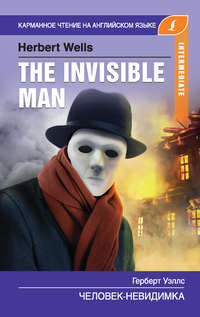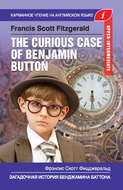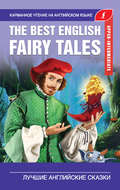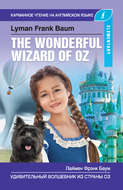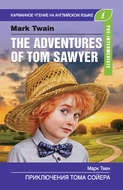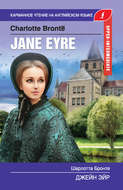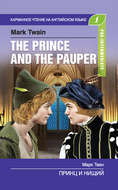Loe raamatut: «Человек-невидимка / The Invisible Man»
© Глушенкова Е.В., адаптация текста, словарь
© ООО «Издательство АСТ», 2019
Chapter I
The Strange Man’s Arrival
The stranger came in February, as it was snowing heavily, walking from Bramblehurst Railway Station, and carrying a little black bag. He came into the“Coach and Horses1” more dead than alive. “A fire!” he cried, “A room and a fire!” He shook the snow off himself, and followed Mrs. Hall into her guest room, where he put some sovereigns on the table.
Mrs. Hall lit the fire and left him there while she went to prepare him a meal. A guest to stop at Iping in the winter time was anunheard-of piece of luck2, especially a guest who paid in cash.
When lunch was ready, she carried plates, and glasses into the room. She was surprised to see that her visitor still wore his hat and coat, and stood with his back to her and looking out of the window at the falling snow, with his gloved hands behind him.
“Can I take your hat and coat, sir,” she said, “and dry them in the kitchen?”
“No,” he said.
He turned his head and looked at her over his shoulder. “I’ll keep them on,” he said; and she noticed that he wore big blue spectacles and had whiskers. The spectacles, the whiskers, and his coat collar completely hid his face.
“Very well, sir,” she said. “As you like. In a moment the room will be warmer.”
He made no answer, and Mrs. Hall, feeling that it was a bad time for a conversation, quickly laid the table and left the room. When she returned he was still standing there, his collar turned up, his hat hiding his face completely.
She put down the eggs and bacon, and said to him:
“Your lunch is served, sir.”
“Thank you,” he said, and did not turn round until she closed the door.
As she went to the kitchen she saw her help Millie still making mustard. “That girl!” she said. “She’s so long!” And she herself finished mixing the mustard. She had cooked the ham and eggs, laid the table, and done everything, while Millie had not mixed the mustard! And a new guest wanted to stay! Then she filled the mustard-pot, and carried it into the guest room.
